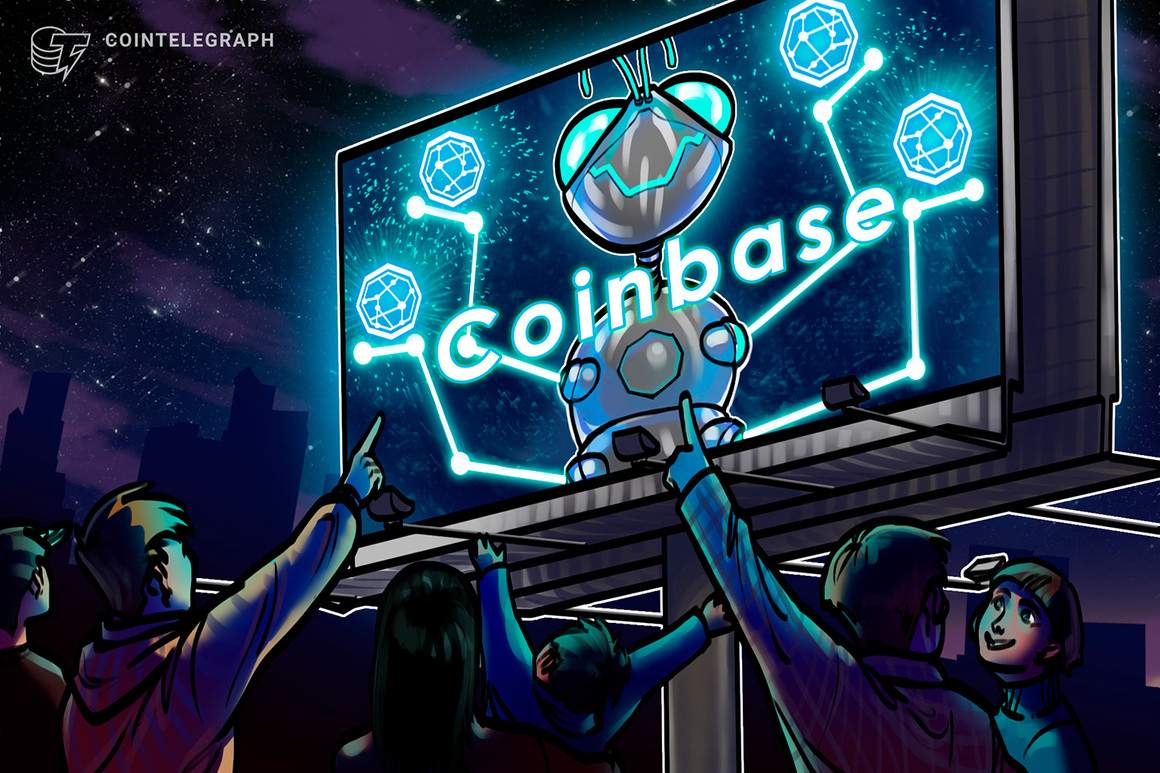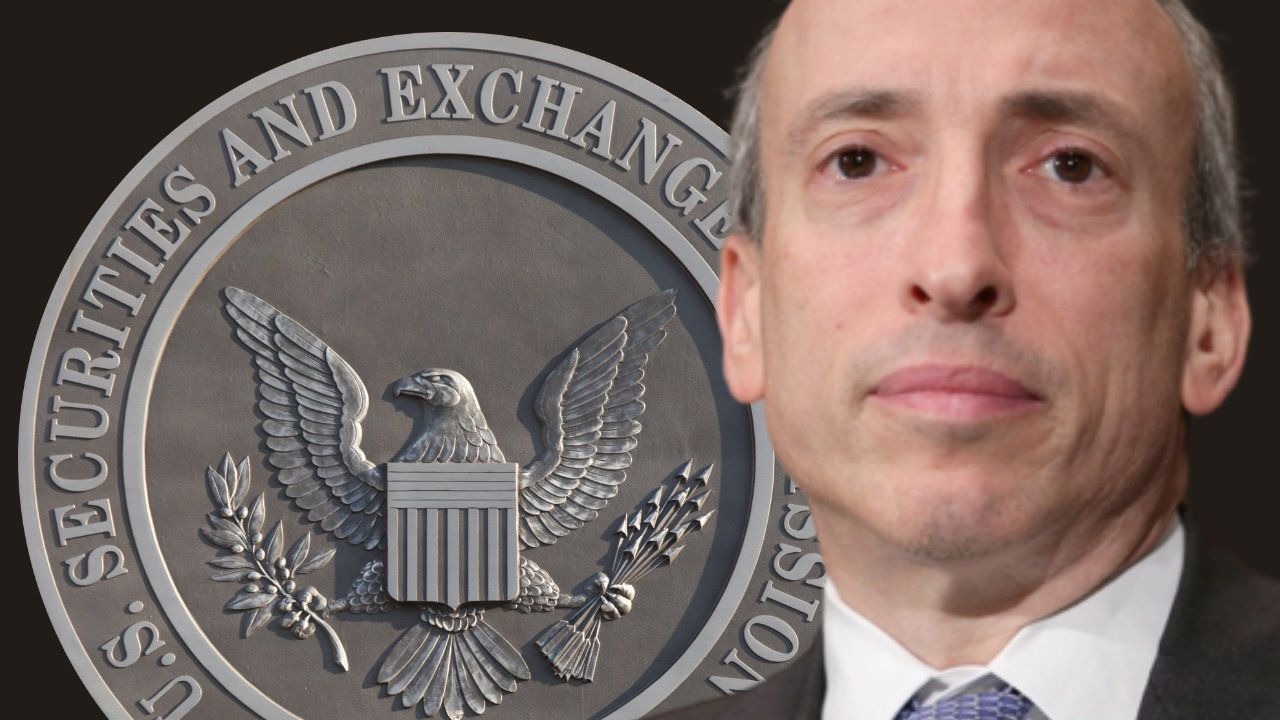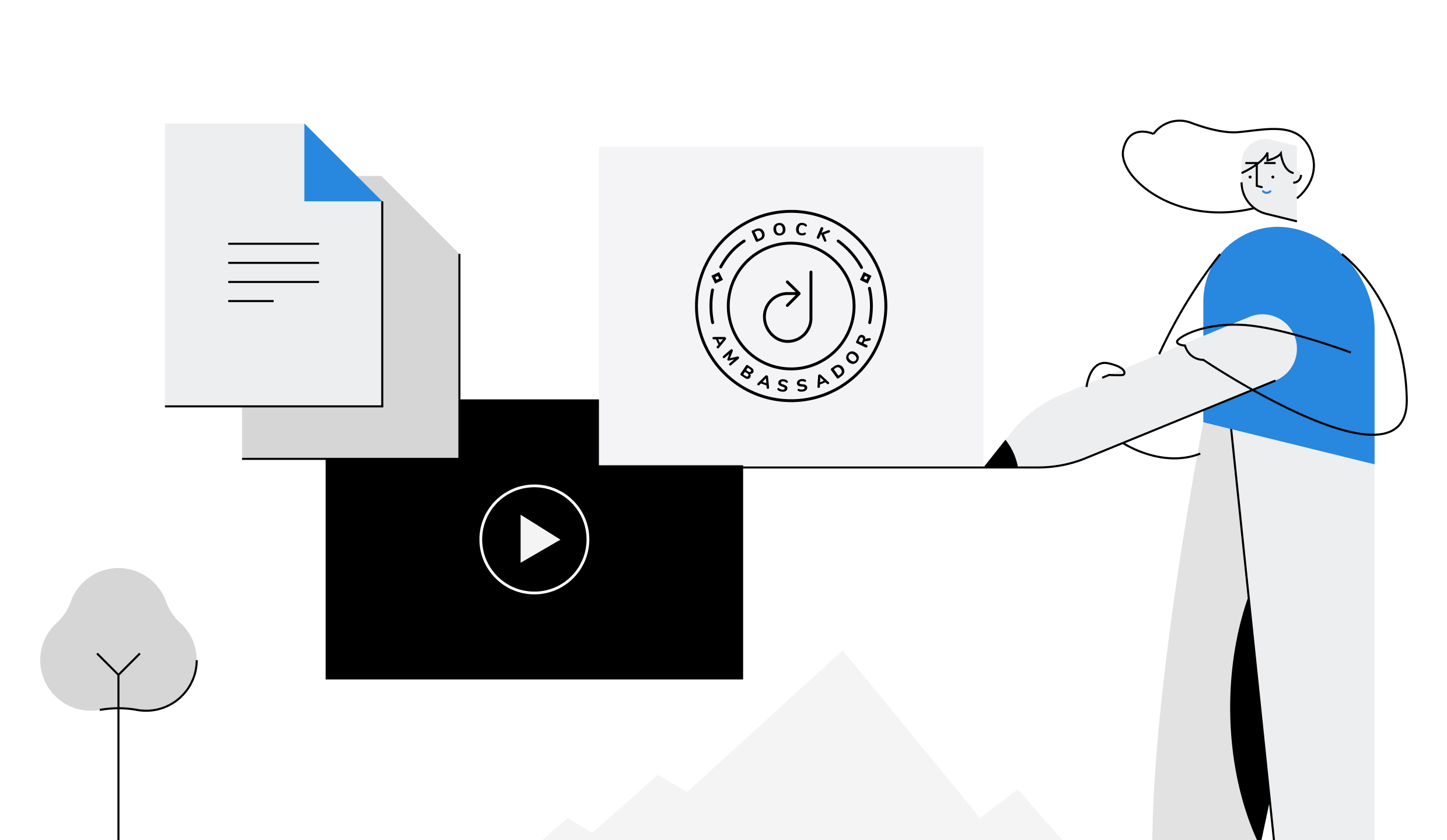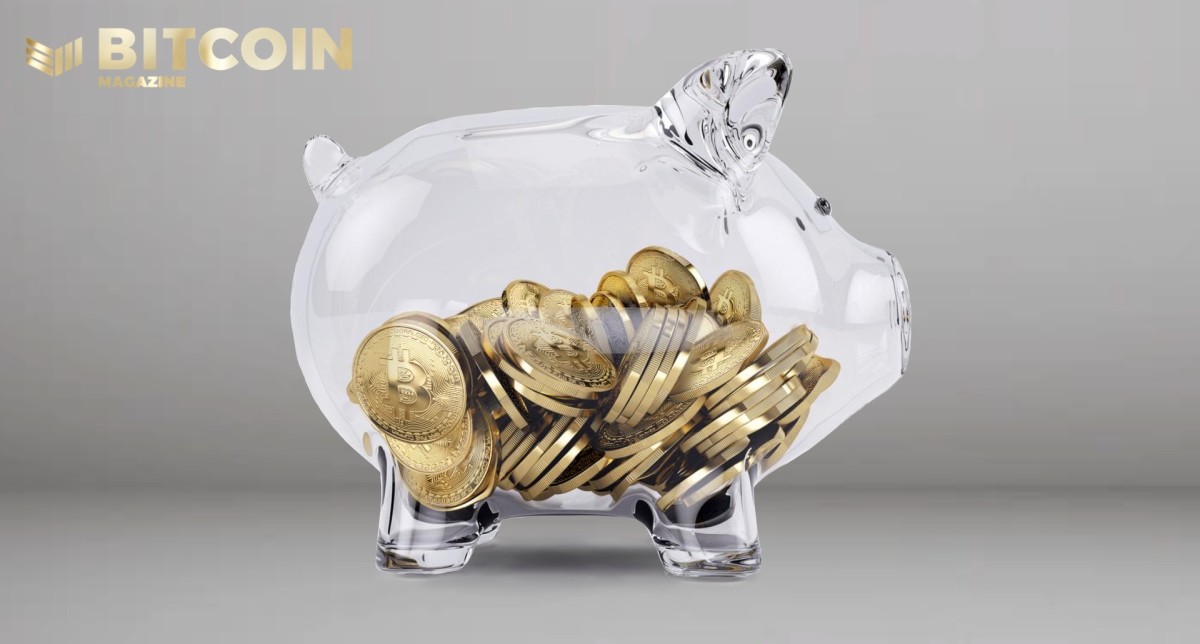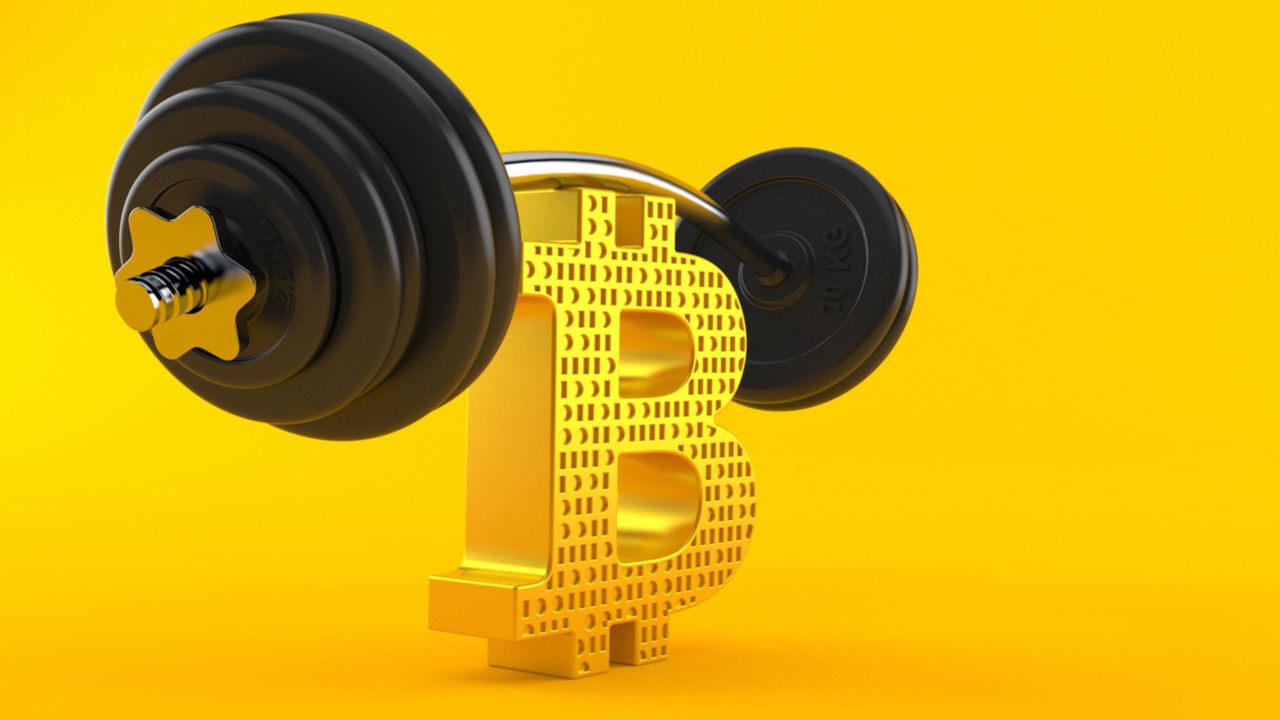In 2021, crypto has been one of the biggest trends shaping technology and finance, and according to mainstream news, Decentralized Autonomous Organizations (DAOs) are set to become a force to be reckoned with in 2022. Mark Cuban Called He was called “the ultimate combination of capitalism and progressivism.” Nevertheless, while DAOs are relatively easy to understand conceptually, they are a segment of the crypto market in a fast-flowing state, with many innovative use cases emerging. However, setting up and operating a DAO also comes with its own unique challenges, which are changing and evolving over time.
What is a DAO?
The purest definition of DAO is contained in the name. An organization is a group of people and institutions with a common goal or idea. It is decentralized, so there is no CEO or executive board responsible for decision-making, and it is autonomous, which means it is self-governing. Self-governance means that there are governance rules programmed into blockchain-based smart contracts, and members of the DAO vote according to those rules on matters affecting the DAO.

One of the early DAOs, a project called DAO, depicts one of the simplest use cases of DAOs and also happens to be important in the history of DAOs. The Genesis DAO, as it was also known, was an investment contract that allowed holders of Ether (ETH) to deposit their funds. Projects can apply to the DAO for funding, and if the DAO token holders agree to the investment terms, the smart contract will distribute the funds. However, in June 2016, within weeks of launch, a hacker found a bug in the underlying smart contract code and managed to extract approximately $70 million worth of ETH’s DAO.
At the time, the event wreaked havoc in the Ethereum community, and as a result, the DAO made little progress in the subsequent two or three years. However, once the DeFi movement’s Touch Papers were published, the DAO idea took off once again.
related: DAOs are meant to be fully autonomous and decentralized, but are they?
DeFi and the return of the DAO
DeFi emerged from the desire of the blockchain community to create an open, permissionless, decentralized financial system. Thus, The DAO presented an attractive way for projects to demonstrate their commitment to decentralization through community governance.
As a result, governance tokens became very popular during 2020, when DeFi began to rapidly gain ground. Flagship DeFi apps including Compound (COMP), Uniswap (UNI) and Aave (AAVE) launched tokens allowing users to participate in decentralized governance, while newcomer DeFi projects launched their own governance tokens from the start.
current and emerging trends
So why is The DAO now making such a splash even among mainstream news outlets? Part of the reason is the rise in popularity of non-fungible tokens (NFTs), which are set to play a more important role in DAO governance and those that do participate.
In September, Andreessen Horowitz invested $5 million in “Friends with Benefits,” a Discord chat involving various crypto enthusiasts, artists, and NFT collectors. The group decided to operate as a DAO, raising a total of $10 million, demonstrating the value that could arise from large online communities — without economic incentives — on platforms such as Facebook and Telegram.
In November, things took an even more interesting turn when “ConstitutionDAO” raised more than $40 million to bid on the rights to receive an official copy of the US Constitution document at a Sotheby’s auction. This was the first time Sotheby’s had worked with The DAO, which had managed to gather support from over 17,000 donors ahead of the auction. Although ConstitutionDAO was eventually bid out by Citadel’s CEO, Ken Griffin, the experiment was arguably a success in that it demonstrated its intended concept.
related: Decentralized Autonomous Organizations: Tax Considerations
Another emerging trend is investment DAOs, as some believe that DAOs are poised to completely disrupt the traditional VC model of funding. These DAOs are allowing groups of Web3 natives to pool and deploy capital in a way that now allows individuals to compete with traditional finance entities.
So it makes sense that with such a wide range of applications, DAOs are generating a lot of excitement and could prove to be as big as NFTs in 2021. However, there will be challenges along the way.

The road to adopting DAO is not easy
First, education is still quite a gap. Even within the cryptocurrency community, the DAO concept is still gaining traction, and implementation is far from advanced. There are still relatively few “user interfaces” for DAO governance, although more and more tools are coming online to help organize and overcome the challenges that traditional organization structures have wrestled with over the years.
Regulation could be another challenge that DAOs will have to deal with as they transition to the mainstream. The laws surrounding incorporation and tax structure are vague and often out of date, leaving the DAO to make its own interpretation to fill in the gaps.
It is also worth noting that decentralization is a spectrum and not a binary one. Although the DAO Governance Token allows users to participate in decentralized governance, most projects operate with a degree of centralization.
related: Decentralization vs. Centralization: Where is the Future? Experts Answer
Finally, decentralized governance is difficult, especially on a large scale. This is a huge challenge with many hurdles that have plagued blockchain developers since the early days. Once the community is large enough, and votes need to be conducted with increasing frequency, how do you keep voters engaged?
How can you stop the wealthy whales from coming to power by getting the majority of tokens? To what extent should the code be the law, and if a malicious entity manages to gain majority control then shouldn’t there be a fail-safe vault? If so, who controls the fail-safes?
There are no easy answers to these questions, but now that crypto, NFTs and DeFi have gained a foothold to reach mainstream consciousness, it seems natural that The DAO will follow suit. Furthermore, as they become more mainstream, it should become easier to identify simple means by which communities can decentralize governance.
This article does not contain investment advice or recommendations. Every investment and trading move involves risk, and readers should do their own research when making a decision.
The views, opinions and opinions expressed here are those of the author alone and do not necessarily reflect or represent the views and opinions of Cointelegraph.
hens planet He is the former vice president of development at Revolut, and founder of the stablecoin yield protocol Gro. He spent eight years operating a Spotify scaling company and mixed development projects until mid-stage, then launching new territories until an initial public offering. A four-time startup founder, he is an investor and advisor to over 10 companies, as well as a growth strategist for over 30 brands and companies.



